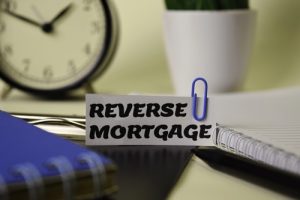
Retirement should be a time of relaxation and enjoyment. However, market highs and lows can quickly turn this dream into a daunting reality. As you approach retirement, the impact of market fluctuations becomes more pronounced. That’s why it’s important to understand how reverse mortgage can help.
Even with a well-structured portfolio, sudden downturns can present a dilemma: should you sell investments during a slump, effectively locking in losses? This scenario encapsulates the concept of “sequence of returns risk,” where the timing of your withdrawals can significantly affect the longevity of your savings.
When you rely on your investments for income in retirement, selling during a market dip can limit your portfolio’s potential to recover. As a result, this can lead to a precarious financial situation. So, how do you manage these uncertain times without jeopardizing your hard-earned savings?
Read More Reversing Retirement Challenges: Navigating Market Volatility with a Reverse Mortgage









